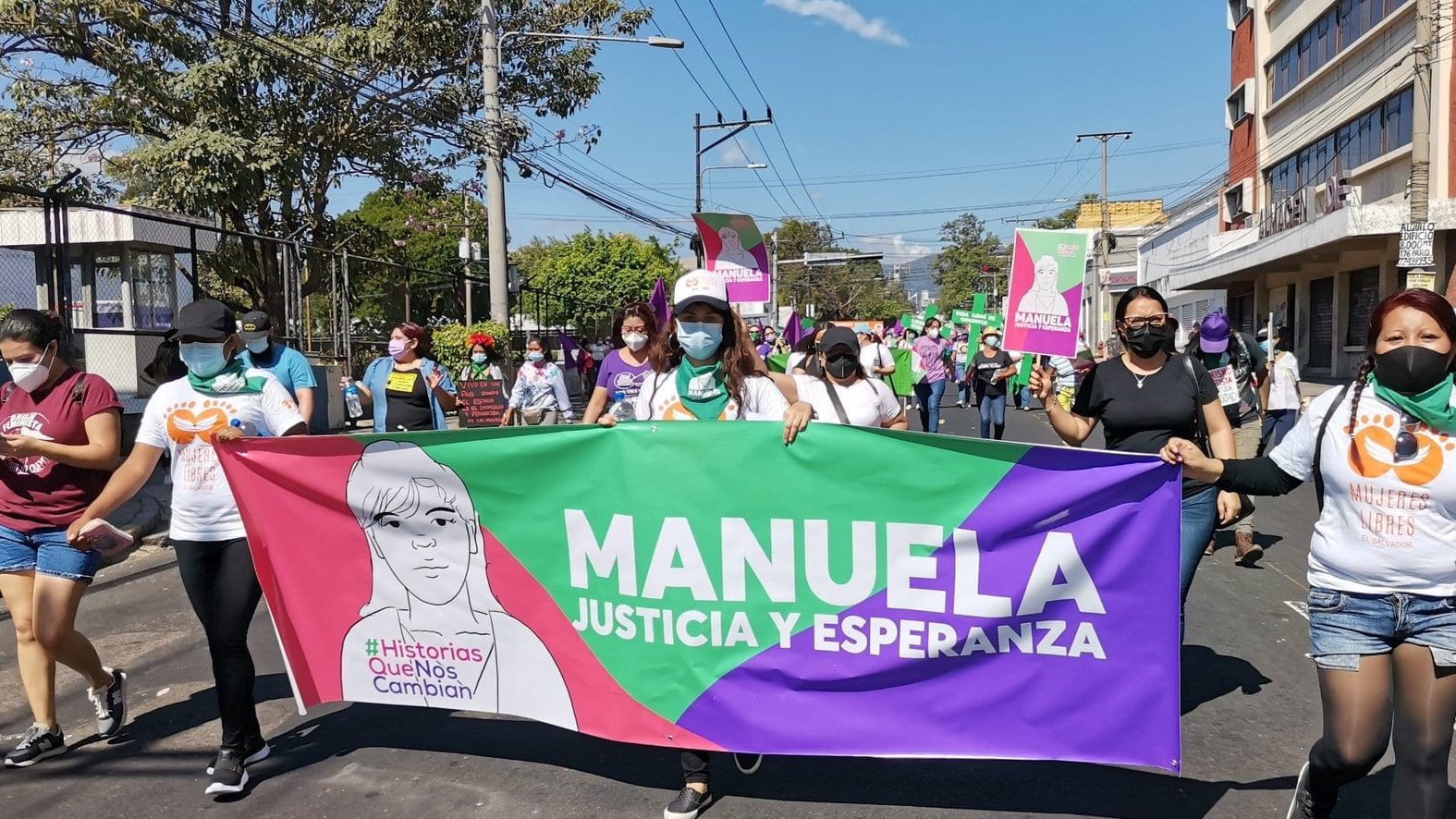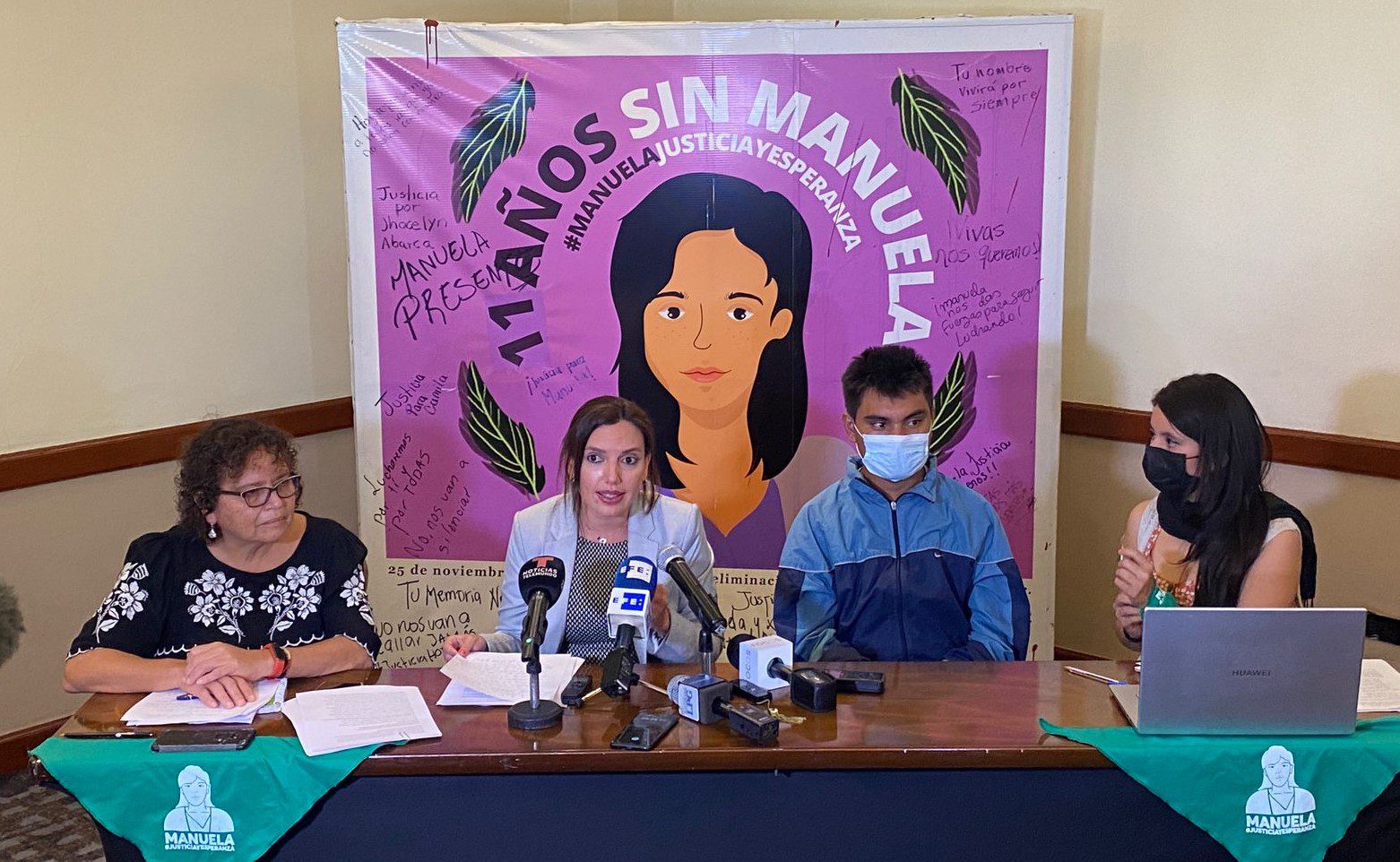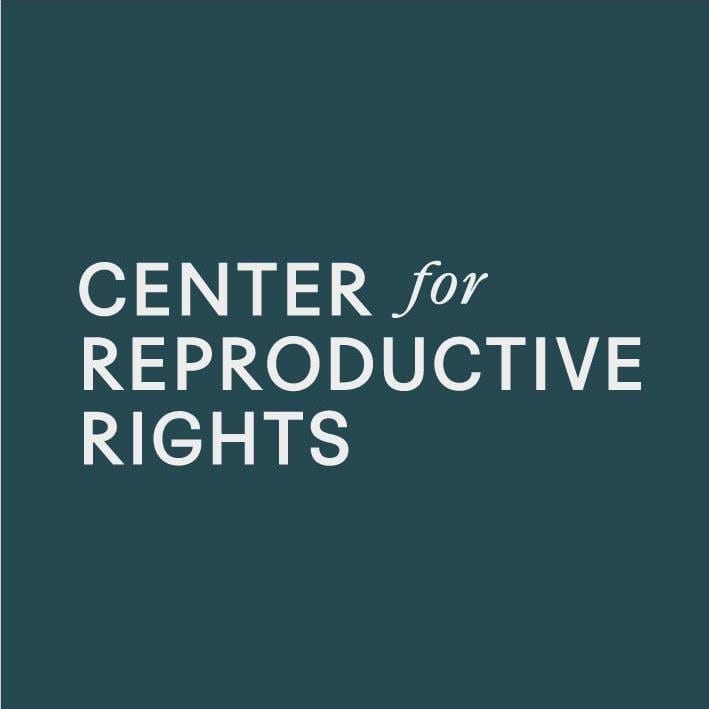Inter-American Court of Human Rights Ruling Will Help Protect Women Seeking Reproductive Health Care, Including Abortion
Ruling in case brought by the Center and partners holds El Salvador responsible for the death of Manuela, a woman imprisoned after an obstetric emergency.

In a landmark ruling, the Inter-American Court of Human Rights has for the first time established standards throughout the region to help protect women seeking reproductive health care, including abortion.
The ruling by the Court—which is the highest judicial body for human rights in the Americas—came on November 30 in Manuela v. El Salvador. The case was brought by the Center for Reproductive Rights and its partners in El Salvador, the Colectiva Feminista para el Desarrollo Local and the Agrupación Ciudadana por la Despenalización del Aborto.
In a ruling that applies to countries throughout Latin America and the Caribbean under the Court’s jurisdiction, health care staff can no longer refer women to law enforcement who come to the hospital seeking abortion care and other reproductive health services.
“Finally, Justice for Manuela”
The Court deemed El Salvador responsible for the death of a Salvadoran woman, Manuela, who in 2008 was unjustly sentenced to 30 years in prison for aggravated homicide after suffering an obstetric emergency that resulted in her pregnancy loss. Manuela died imprisoned two years later from cancer, after receiving inadequate medical diagnosis and treatment. The State was found to have violated Manuela’s rights to life, health, judicial protections and guarantees, freedom from discrimination and gender violence, and other rights.
El Salvador was ordered to make full reparations to Manuela’s family and to reform its legal and health care policies, which criminalize women for seeking reproductive health care.
“Finally, justice for Manuela, and progress for women and girls in El Salvador,” said Catalina Martínez Coral, the Center’s Senior Regional Director for Latin America and the Caribbean. “The government must assume its responsibility for Manuela’s death, make reparations to her mother, father and children, and implement several structural measures so that no other woman faces the same human rights abuses. The Court’s decision also recognizes rights that must now be applied throughout Latin America and the Caribbean.”

Decision Recognizes Harsh Impact of El Salvador’s Criminalization of Abortion
With this decision, the Court has recognized for the first time that the legal context in El Salvador’s complete criminalization of abortion directly creates discrimination and gender violence, which disproportionately impacts women in vulnerable situations and leads to the criminalization of obstetric emergencies.
El Salvador has a total ban on abortion and imposes harsh criminal penalties on both women and physicians. The country’s abortion ban has resulted in the unjust imprisonment of countless women who have suffered pregnancy-related complications and miscarriages and have been charged with having an abortion and convicted of homicide.
“Because of the legislation that prohibits abortion in all cases, El Salvador continues to impose harsh criminal penalties on women and medical personnel, which encourages the unjust imprisonment of many women after complications and natural pregnancy losses,” added Martínez Coral. “But that stops now with this strong ruling from the court in Manuela’s case. The unjust imprisonment of women for events associated with obstetric emergencies must stop.”
The Court ordered El Salvador to adopt structural measures towards banning the criminalization of women due to obstetric emergencies. The Court understood that given the structural discrimination impoverished women face, in order to avoid arbitrary criminalization of these women, the State must:
- Develop comprehensive sexual education policies.
- Modify its legislation on doctor-patient confidentiality towards assuring that women are not denounced by the medical personnel that cares for them.
- Remove legislation that provides for automatic detention of women who are denounced for having committed abortion.
- Make sure that public policies are adopted to ensure full access to health care is guaranteed to women who suffer obstetric emergencies.
Ruling Will Help Protect Health Care Personnel from Unjust Prosecution
The Inter-American Court of Human Rights also recognized that El Salvador’s legal system limits the rights of health personnel, including the right to provide patients with medical confidentiality. Where abortion is criminalized, health workers are too often faced with an impossible choice: to save the life of a patient by performing an abortion (or other obstetric care) and risk legal prosecution; or denounce the patient, violating their right to medical confidentiality – which is what happened in the case of Manuela.
With this ruling, the Court acknowledges that health care professionals have the right and the responsibility to provide medical confidentiality to their patients, and mandates reforms to the legal and health systems in El Salvador to ensure this right is respected.
Decision Has Far-Reaching Impact Across the Latin American Region
Decisions by the Inter-American Court of Human Rights can have far-reaching impact in Latin America and the Caribbean. Its rulings, based on the American Convention on Human Rights, have been understood as binding to all States under its jurisdiction, and have been traditionally used as a binding interpretation by the Inter-American Commission of Human Rights when ruling on cases and elaborating reports on the whole Americas region, under the Organization of American States (OAS) Charter.
To ensure that Manuela’s case is not repeated, the Inter-American Court of Human Rights Court ordered all States under its jurisdiction to:
- Make sure that doctor-patient confidentiality is specially protected in cases in which reproductive rights are a matter of concern, and as a consequence, that women are not denounced by their medical personnel for allegedly having committed abortion.
- Ensure that adequate health treatment is given to women who suffer obstetric emergencies, free from any forms of gender violence.
When implemented, this ruling will save lives and guarantee legal protection for both women and health care providers, who have historically been at risk due to the criminalization of sexual and reproductive health services.
Read more:
- Case background: Manuela v. El Salvador
- Center to Argue at Inter-American Court of Human Rights for Salvadoran Woman Imprisoned After Suffering Obstetric Emergency | 03.04.2021
- Center Appeals to Inter-American Commission on Human Rights for Release of Unjustly Imprisoned Salvadoran Women | 12.08.2020
- Inter-American Commission on Human Rights files case of Manuela vs. El Salvador before the Inter-American Court of Human Rights | 10.10.2019


